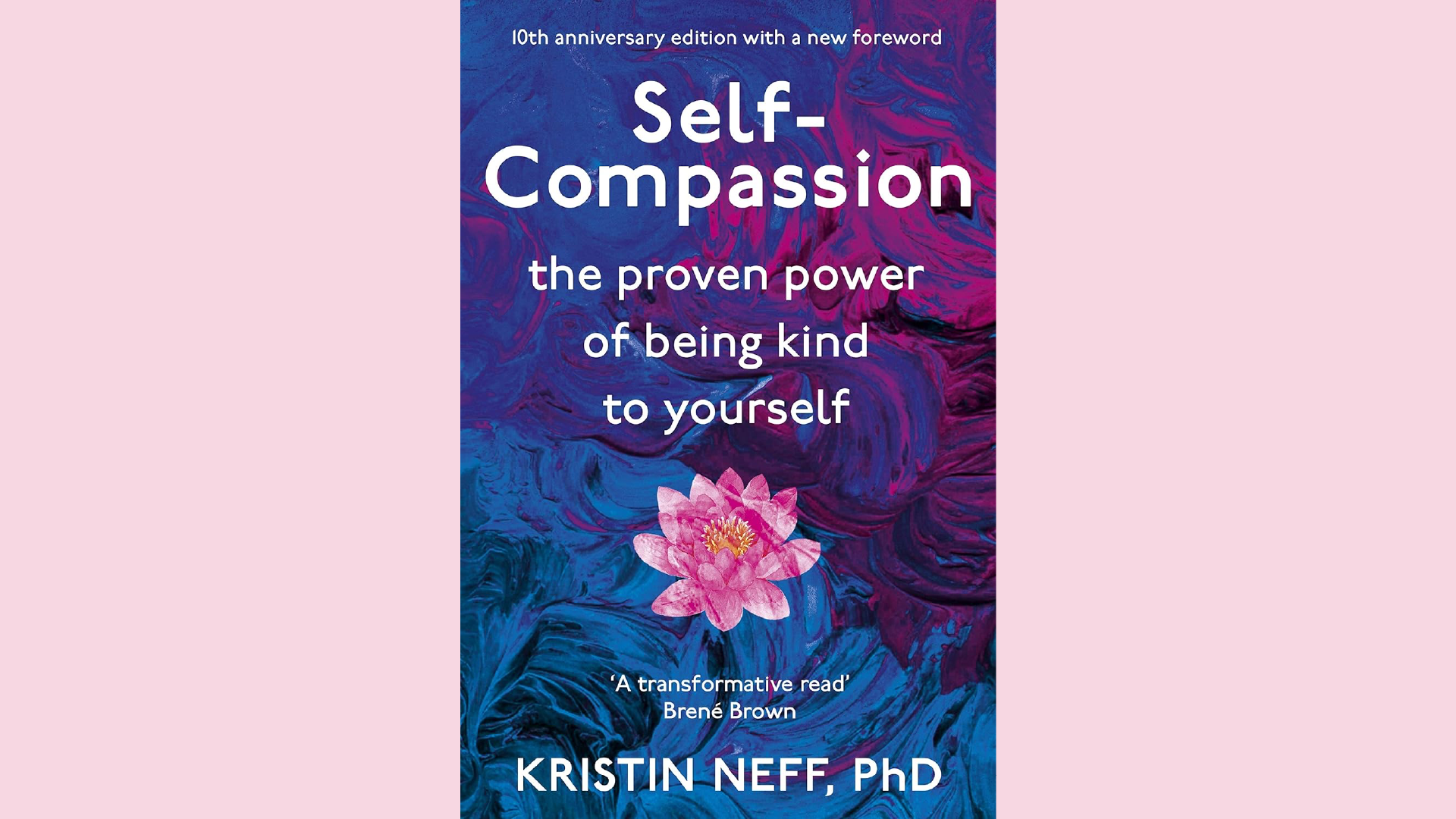Summary: Self-Compassion by Kristin Neff

Self-compassion emerges as a transformative practice in personal development and emotional well-being, urging us to extend kindness to ourselves in moments of failure or distress. Kristin Neff, Ph., in her pioneering work, "Self-Compassion: The Proven Power of Being Kind to Yourself," elucidates the profound benefits of self-compassion, a concept often overshadowed by the pursuit of self-esteem or success. This blog post delves into the core principles of self-compassion, offering practical insights for integrating this compassionate approach into our daily lives.
Understanding Self-Compassion
Self-compassion is founded on three pivotal elements: self-kindness, common humanity, and mindfulness. Self-kindness encourages us to be gentle and understanding with ourselves, counteracting the harsh criticism within. Common humanity connects our personal experiences to the broader tapestry of human life, reminding us that suffering and imperfection are universal aspects of the human condition. Mindfulness allows us to confront our emotions openly and clearly without letting them define our self-worth.
"Compassion is not a virtue — it is a commitment. It's not something we have or don't have — it's something we choose to practice."
The Shift from Self-Judgment to Self-Kindness
Our cultural narrative often champions self-criticism as a motivator for achievement. However, this approach can lead to a detrimental cycle of negative self-talk and diminished self-esteem. On the other hand, embracing self-kindness fosters resilience, enabling us to navigate life's challenges with grace and patience.
Embracing Our Shared Humanity
Recognizing our shared humanity is a cornerstone of self-compassion. This awareness dismantles the illusion of isolation that accompanies failure, illuminating the truth that everyone struggles and makes mistakes. By embracing our imperfections as part of the shared human experience, we cultivate a more forgiving and empathetic perspective toward ourselves and others.
The Role of Mindfulness in Self-Compassion
Mindfulness, the practice of being present and fully engaged with the moment without judgment, is critical in cultivating self-compassion. It equips us to observe our thoughts and feelings without engulfing them, promoting a balanced and compassionate self-awareness.
Beyond Self-Esteem: The Unconditional Worth of Self-Compassion
Unlike self-esteem, which often fluctuates based on external successes or failures, self-compassion offers support and self-assurance. It encourages us to value ourselves not for our achievements but for our intrinsic worth.
The Transformative Benefits of Self-Compassion
The research underscores the myriad benefits of self-compassion, including reduced anxiety, depression, and stress, alongside enhanced happiness, resilience, and emotional intelligence. Fostering a compassionate inner dialogue unlocks a wellspring of emotional strength and well-being.
Practical Steps to Cultivate Self-Compassion
Cultivating self-compassion can be as simple as changing how we speak to ourselves in times of difficulty. Neff offers practical exercises to foster self-compassion, such as writing letters to ourselves from a compassionate perspective or practicing mindfulness meditation focused on self-kindness.
"With self-compassion, we give ourselves the same kindness and care we'd give to a good friend."
Overcoming Barriers to Self-Compassion
It's common to encounter resistance to self-compassion, often stemming from misconceptions that it might lead to self-indulgence or undermine motivation. Contrary to these beliefs, self-compassion propels us towards genuine self-improvement, motivated by a desire for well-being rather than self-critique.
Incorporating self-compassion into our lives represents a profound shift in how we relate to ourselves. It challenges the ingrained habit of self-criticism, replacing it with a nurturing and supportive approach to personal growth. As we embark on this journey of self-compassion, we unlock the potential for a more fulfilling and emotionally resilient life. Let us embrace this transformative practice and witness its positive ripple effects in our lives and the lives of those around us.
Expanded Practical Steps to Cultivate Self-Compassion
Mindful Breathing
Begin each day with a five-minute mindful breathing exercise to center your mind.
Self-Compassion Breaks
Take short breaks to offer yourself comfort and understanding during stressful moments.
Gratitude Journal
Each evening, note three things you're grateful for about yourself.
Compassionate Letter Writing
Write a letter to yourself from the perspective of a compassionate friend when you're being self-critical.
Mindfulness Meditation
Practice mindfulness meditation with a focus on self-compassion.
Challenge Negative Self-Talk
Consciously replace critical thoughts with compassionate ones.
Celebrate Small Wins
Recognize and celebrate your achievements, no matter how small.
Seek Compassionate Company
Surround yourself with people who inspire you to be more compassionate.
Educate Yourself
Continue learning about self-compassion through various resources.
Be Patient with Yourself
Remember, cultivating self-compassion is a journey that requires patience and persistence.
Integrating these practices into your life enhances your relationship with yourself and sets a foundation for lasting well-being and happiness.
